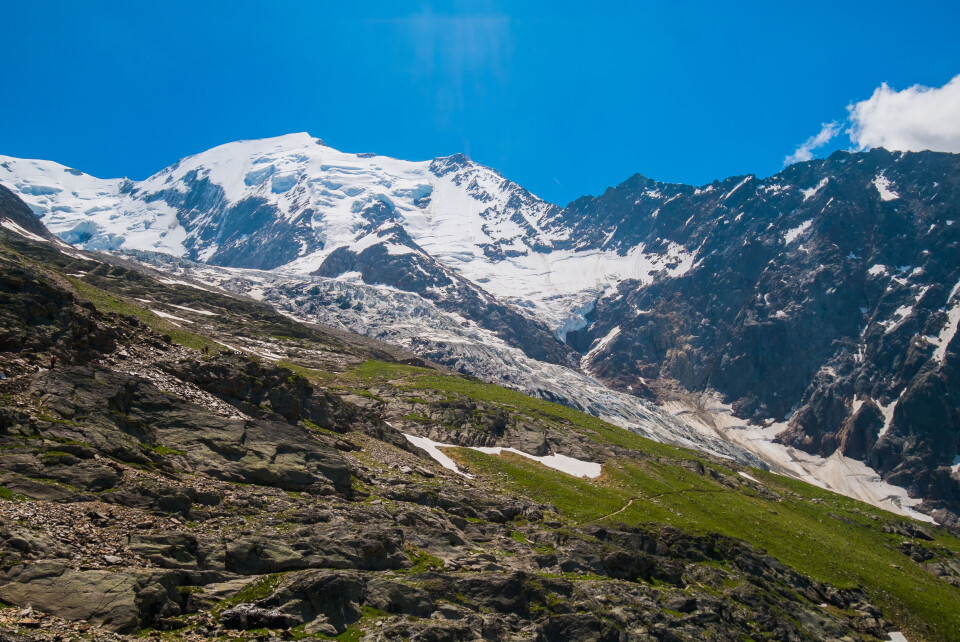-
British ‘Puppet Master’ conman in French jail wins phones back on appeal
Robert Hendy-Freegard was given a six-year sentence after hitting two gendarmes with his car
-
Alleged British hacker in jail in France offers to help with police data breach
Recent attack targeted police files
-
‘Elves crossing’: Normandy village installs fun roadsigns for Christmas
Heuland has also cleared its airspace to ensure safe passage for Santa Claus and his reindeer
Briton dies after falling on ‘difficult’ hiking path in French Alps
He fell around 50 metres while walking near Mont Blanc on Sunday

A British hiker died near Mont Blanc on Sunday (July 9), the Chamonix mountain police have confirmed.
The unnamed man, in his fifties, fell whilst attempting a ‘difficult’ hiking path along the Bionnassay glacier, on the French side of the mountain.
Despite the best efforts of emergency services, he was pronounced dead soon after the fall.
Steep upward climb
The Briton died on Sunday when hiking close to Mont Blanc.
He was following a difficult passage from the Bionnassay glacier to a mountain retreat hosting a gite called the Nid d’Aigle (Eagle’s Nest), facing a steep upward climb.
The hike includes a sequence known as the Échelles du Nid d'Aigle (Eagle’s Nest ladders), marked as a ‘difficult’ hiking passage on a number of websites.
When climbing along this segment, he fell around 50 metres. Mountain rescue services were called but were unable to prevent his death.
Sunday also saw the death of an Italian hiker in the Savoie department.
He was walking along the mountain passage of the Col du Lou, close to the Lac du Mont Cenis, at an altitude of around 3,000 metres.
Hiking towards the Signal du Grand Mont-Cenis from the lake, he fell around 200 metres, and despite a medical helicopter flying to his location, he was pronounced dead on the scene.
Read also
Watch: Daring helicopter rescue saves British climbers in French Alps
Mont Blanc three metres shorter than in 2010 - and 16 more peak facts
























